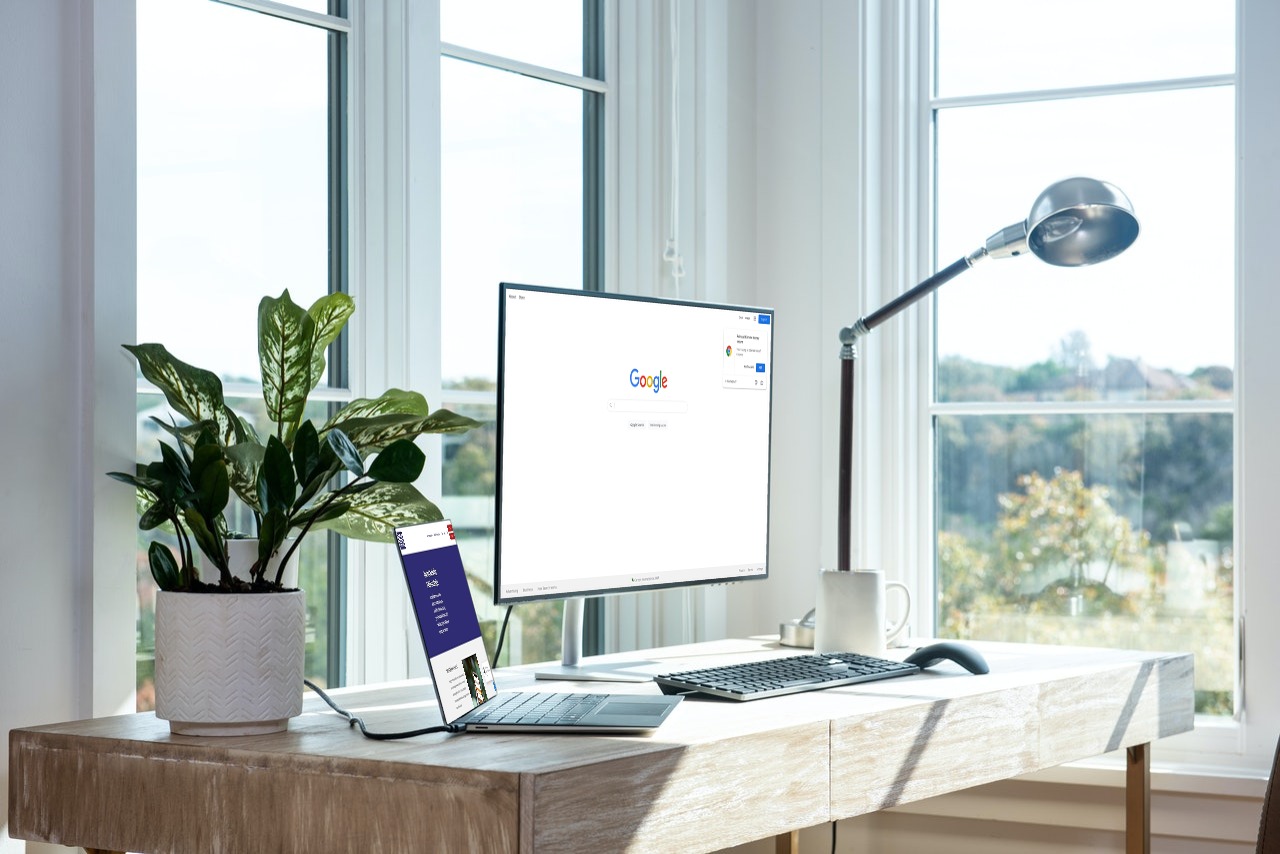How to optimize your website to rank higher on Google
Optimize for User Experience
Google’s algorithms are always striving to give the best user experience possible. If your website is slow and difficult to navigate, Google will probably relegate it on the second or third page of search results – which means you’ll be hard-pressed if someone searches for a term closely related to what you’re offering. Luckily there’s an easy fix: start by using Google PageSpeed Insights and Core Web Vitals Report in order to identify areas that need work before making changes.
Useful Content
If you want Google to reward your content with a place on the first page of search results, it’s not enough just to use keywords. You have to include related terms and subtopics that help build semantic relationships in order for keyword clusters or themes in your topic area to be ranked higher than others. For example, Surfer SEO provides lists of keywords, related terms/subtopics as well as scores them so you can figure out how they will perform against other competitors’ content (i.e., yours).
Engaging Content
Creating interactive content for your website is key to getting ahead on the search engine results pages (SERP) these days. You might be wondering how you can create a captivating and engrossing experience while not sacrificing site speed? Luckily we’ve got some tricks up our sleeves!
- The best way to generate an engaging user experience without slowing down your site is by creating expandable content; providing visitors with as much information in one space saves loading time across pages and keeps them coming back for more.
- Videos are also integral when it comes to capturing people’s attention – even if they’re only short clips that show off different features of something like shoes or clothing racks at a store. Use a third-party video host such as YouTube or Vimeo and embed the video on your website.
High Quality Links to Your Website
To get the best search engine optimization (SEO) results, it is essential to have high-quality backlinks which are links pointing back to your website. If high authority domains are not linking back to your site, you can negatively impact your rank on Google. The solution here isn’t just about volume though; a few good links will be more effective than a lot of spammy ones. To start off with this process successfully and efficiently, find out what type of website would house content that relates well with yours within their visitors’ mindsets and look for contact information such as email or social media profiles so you may reach them easily if they would be interested in linking to your website.
Improving your Google rank will be a great investment for any company. The tips we’ve provided here can help you move up in the search engine results page and get more website traffic.
Interested in building your own website but don’t have a lot of experience? Here are a few tips:
Register a domain name: GoDaddy and NameCheap are a couple of popular options.
Find a page builder: Check out SquareSpace for an easy to use webpage builder. Weebly is another popular page builder. My personal favorite is WordPress because it’s the most popular page builder and is highly customizable.
WordPress Hosting: Looking for the best WordPress Hosting? I recommend Flywheel. We use them for the majority of our clients’ websites and their support is the absolute best.





